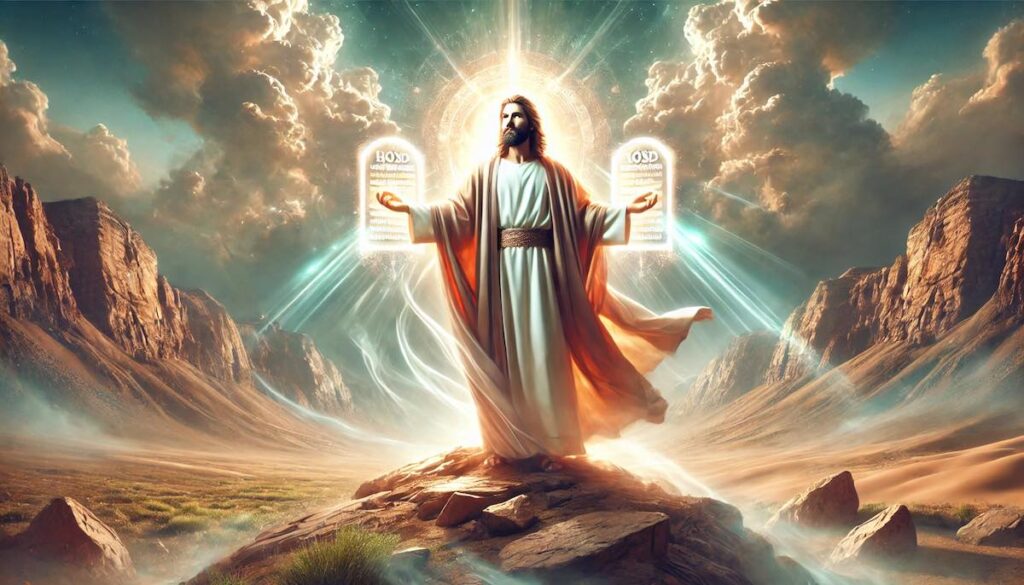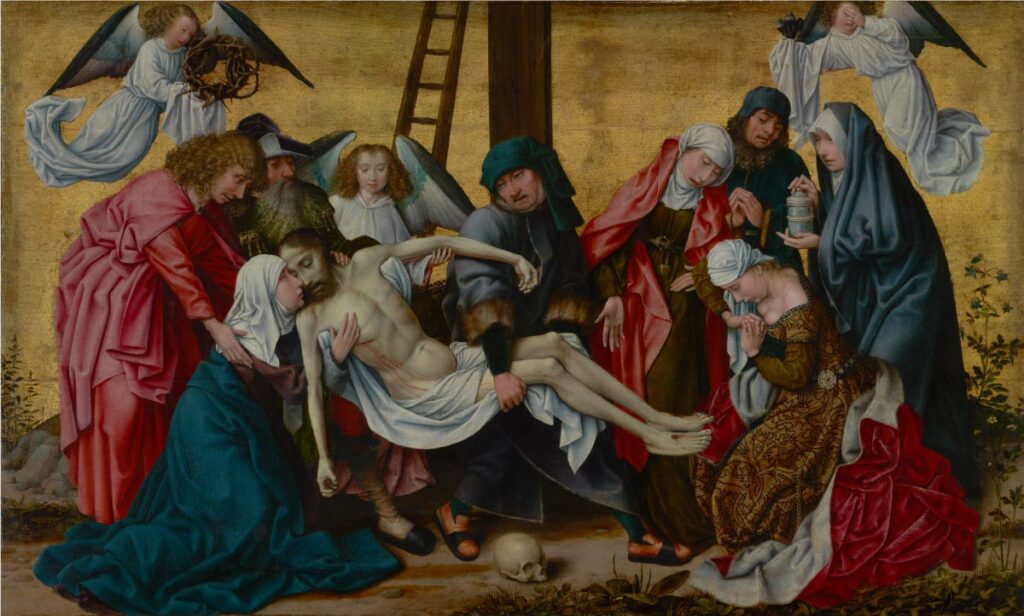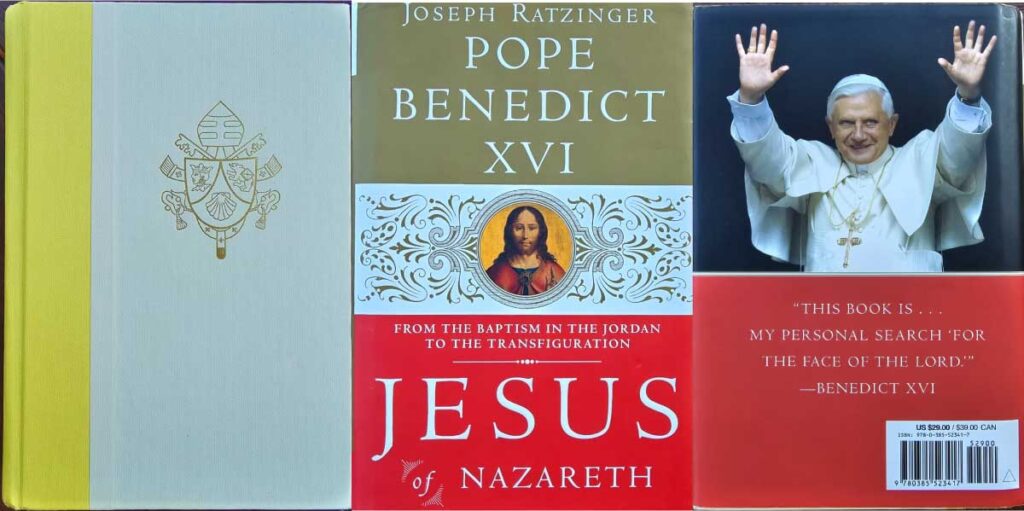From the reviews of Jesus of Nazareth by Pope Benedict XVI – Chapter List Here
The Promise of a New Prophet Like Moses
In the Book of Deuteronomy, a distinct promise is made of a new Moses, not a king like David but a prophet unlike any other. This promise sets the stage for understanding the unique role of Jesus. While most religions offer a glimpse into the future through various forms of soothsaying, Israel is called to a different path, relying solely on God’s revelation through His prophets. The promise in Deuteronomy goes beyond establishing a mere prophetic office. It points to a future prophet, like Moses, who will have a more intimate relationship with God, speaking in person, as Moses once did (Ex 33:11).
The last prophet, the new Moses, will not only interpret God’s will but will fully see and reveal God’s face. This expectation reflects the hope for a greater covenant and the ultimate Exodus, which only this new Moses could bring.
Moses’ Vision and the Fulfilment in Jesus
In Exodus, Moses asks to see God’s glory, but is only allowed to see His back (Ex 33:18-23). This limitation symbolised the incomplete revelation even to Israel’s greatest prophet. This same passage, influential in both Jewish and Christian mysticism, points to the limits of human contact with God in this life. Yet, it also hints at a deeper expectation that the new Moses will behold God fully, face-to-face.
In the prologue to John’s Gospel, this expectation is fulfilled in Jesus Christ: “No one has ever seen God; it is the only Son, who is nearest to the Father’s heart, who has made him known” (Jn 1:18). Jesus lives not merely as a friend of God, like Moses, but as God’s Son, in complete unity with the Father. Jesus is the final prophet, the one who fully reveals God’s will, bringing a new covenant far greater than the one Moses delivered at Sinai.
Jesus’ Teaching from His Filial Relationship with the Father
Jesus’ authority and teaching come not from human learning but from His immediate communion with the Father. His teaching is grounded in a face-to-face relationship with God, which astonished His listeners and set Him apart from other teachers of His time. This filial bond is the source of all that He says and does.
Through His constant prayer and communion with the Father, Jesus reveals the mystery of the Son as the revealer of the Father. His mission is to draw His disciples into the same communion with God. Redemption, in this sense, is stepping into divine communion, surpassing the limits of human nature, and participating in the relationship between the Father and the Son.
From the reviews of Jesus of Nazareth by Pope Benedict XVI – Chapter List Here



